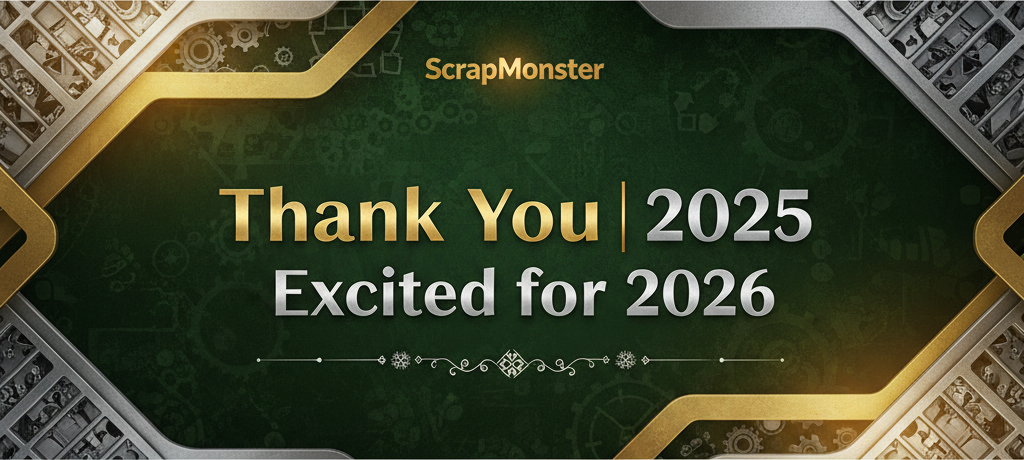How the Tech Industry Can Tackle the E-Waste Crisis Head On
E-waste Recycling | 2023-04-14 08:26:28
The UK produced the 2nd most e-waste as a country in 2022 and is on course to take the unwanted top spot by 2024.
SEATTLE (Scrap Monster): The success of the technology industry has been built on its constant innovation, always seeking out and creating products that are ‘quicker’ or ‘more powerful’ or ‘sleeker’. However, as a consequence, there has been an elephant in the room growing for some time – one that is yet to be tackled and taken seriously.
That elephant is the mountain of electronic waste (e-waste) that continues to pile high every year. With our tech consumption now comprising of everything from smartphones to tablets, from laptops to smart watches, we as an industry bear a responsibility to manage the eventual waste these products create. Currently the amount of e-waste we generate rises by 347 million metric tonnes each year, and only 17.4% of it is known to be collected and properly recycled.
To reverse the considerable environmental damage created by the IT industry, we need to change how we procure IT.
The UK missed the waste electrical and electronic equipment (WEEE) collection target for the sixth year in a row last year, which should be a concern for every IT leader. For this not to become a decade-long theme of missing targets, the tech industry must start making changes today to curb its waste problem.
Addressing our current unsustainable IT habits
The way many businesses currently procure their IT is ultimately unsustainable. While nobody can argue against the decision to buy new equipment regularly for its performance, reliability and because everybody likes shiny new things, doing so ignores the vicious cycle of take, make and replace that is slowly harming our planet. Much like any other form of waste, e-waste comprises of both toxic substances that can be released into the environment such as mercury and lead, but also materials of real value.
One of the most popular vices that businesses tend to jump towards is the immediate habit of replacing hardware when it starts flagging with something brand new. This means mining another set of precious raw materials and disposing of a product with perfectly adequate components (largely).
160,000 laptops are disposed of every day in the EU alone and for every new laptop having to be made in replacement, an average of 316kg of CO2 is created, 190,000 litres of water is used, and 1,200 kg of earth and rock is mined. With increased demands for businesses to become more sustainable, the tech industry now offers options to change old habits for the better and make quick and easy wins.
Alongside the environmental impact of buying new, there are also societal pressures impacting supply chains such as global conflicts and political trade instability. With our current habits being to always seek out now, constant demand has led these issues to create problems such as the global chip shortage, where demand is now outstripping the supply of vital components.
Why now?
The UK produced the 2nd most e-waste as a country in 2022 and is on course to take the unwanted top spot by 2024.
Although businesses may think that throwing away the odd laptop or allowing them to collect dust in the stationary cupboard isn’t contributing to the problem, the truth is that every little helps. There is a growing sense that more and more people within the industry want to be more environmentally conscious, but actions speak louder than words. If you could buy something that looks and performs like new but saves you money and protects the environment at the same time, why wouldn’t you?
Decision makers are facing sustainability pressures, and more so now than ever sustainability is rising to the top of the c-suite agenda. Yet to really address the e-waste crisis, investment in the tech circular economy through processes like remanufacturing and refurbishing are vital. Ultimately inaction on the environment is costly – half of CEOs believe climate risks will impact their firm’s cost profile within 12 months.
Remanufacturing is a certified and proven option that can help businesses of any size procure their technology sustainably, today. Not only does remanufacturing directly address the growing e-waste crisis but it can help organisations save money and become more sustainable immediately.
Courtesy: www.digit.fyi
 By
By 